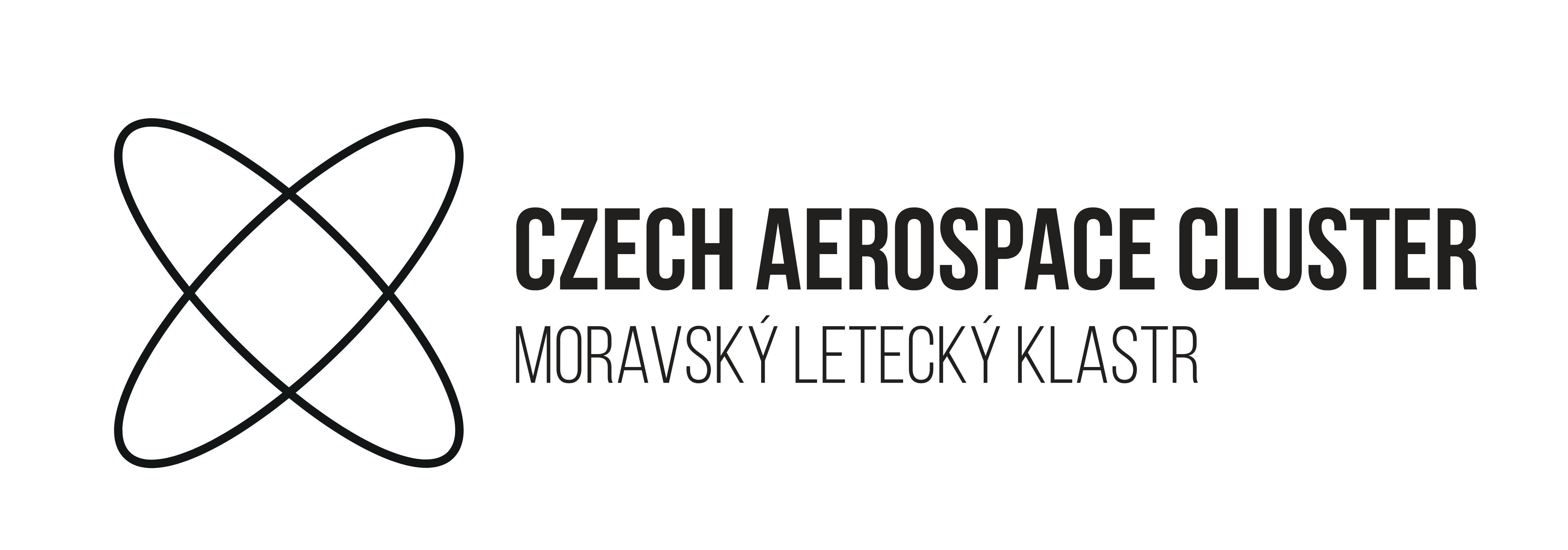SPEAKERS
October 22-23, 2025

Dr. Ellen Stofan
Expertise: Planetary science, space habitats, astrobiology


Jeff Bezos
Expertise: Space entrepreneurship, long-term vision for space habitation


Dr. Dava Newman
Expertise: Space technology, bioengineering, space suit design


Dr. Robert Zubrin
Expertise: Mars exploration, in-situresource utilization, space economics


Gwynne Shotwell
Expertise: Space technology, launch systems, space business models


Dr. Penelope Boston
Expertise: Cave microbiology, extremophiles, astrobiology


Dr. Hugh Herr
Expertise: Biomechatronics, human-machine interfaces, bionics


Dr. Lisa Rand
Expertise: Extremophiles, life support systems, planetary protection


Dr. Dante Lauretta
Expertise: Planetary science, asteroid resource utilization, space mission design


Dr. Ariel Ekblaw
Expertise: Space architecture, self-assembling space structures, space habitats

%20(1).png)
Jeevan Perera
Deputy Chief for Dynamic Systems Test Branch & Senior Engineer - NASA Johnson Space Center

Stephan Hoornaert
Founder, Morpho-Biomimicry – Biomimicry & Regenerative Innovation Expert (Liège, Belgium)
.jpeg)
Matej Poliacek
ISS Columbus Flight Director DLR | German Aerospace Centre
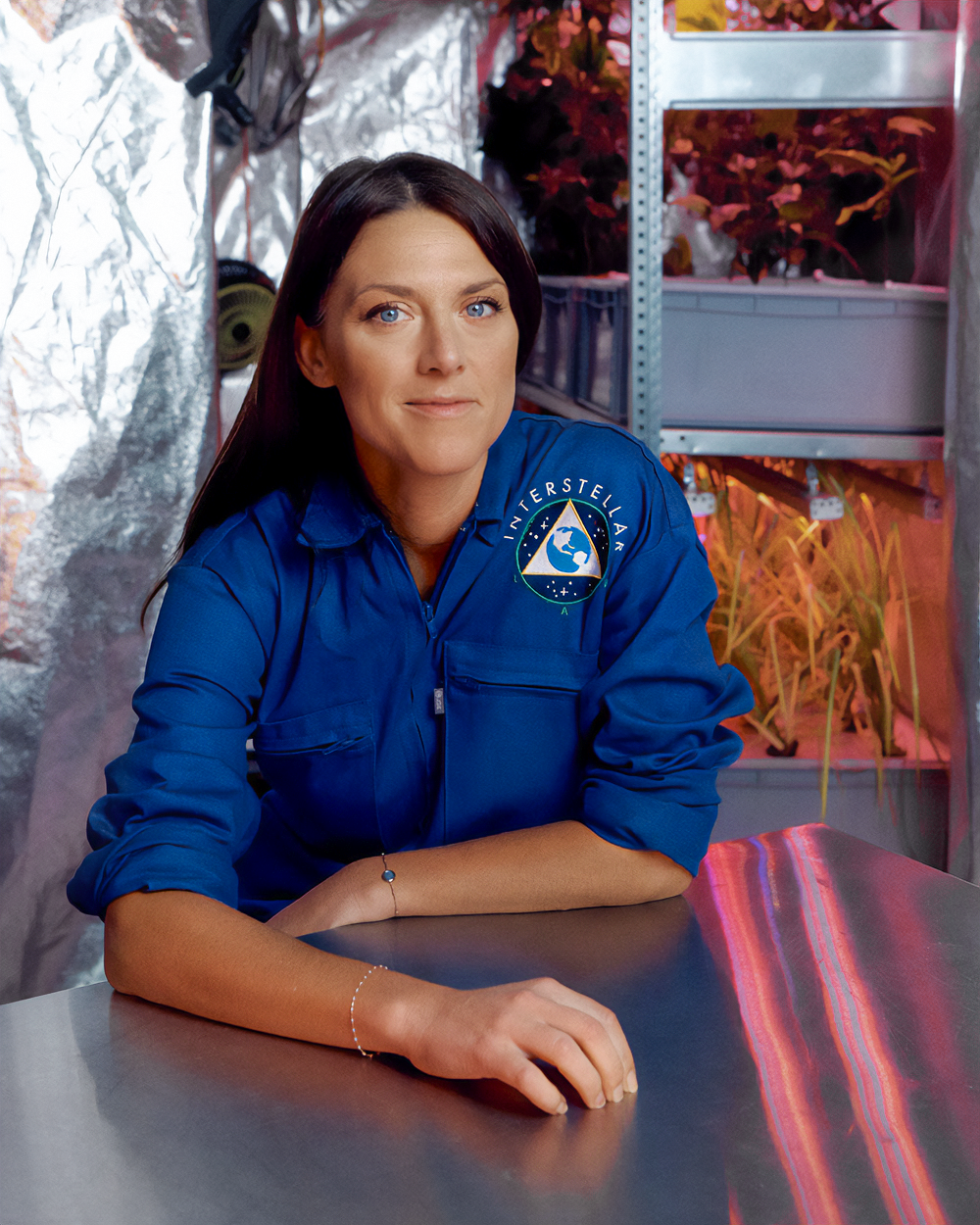
Barbara Belvisi
Founder and CEO at Interstellar Lab.
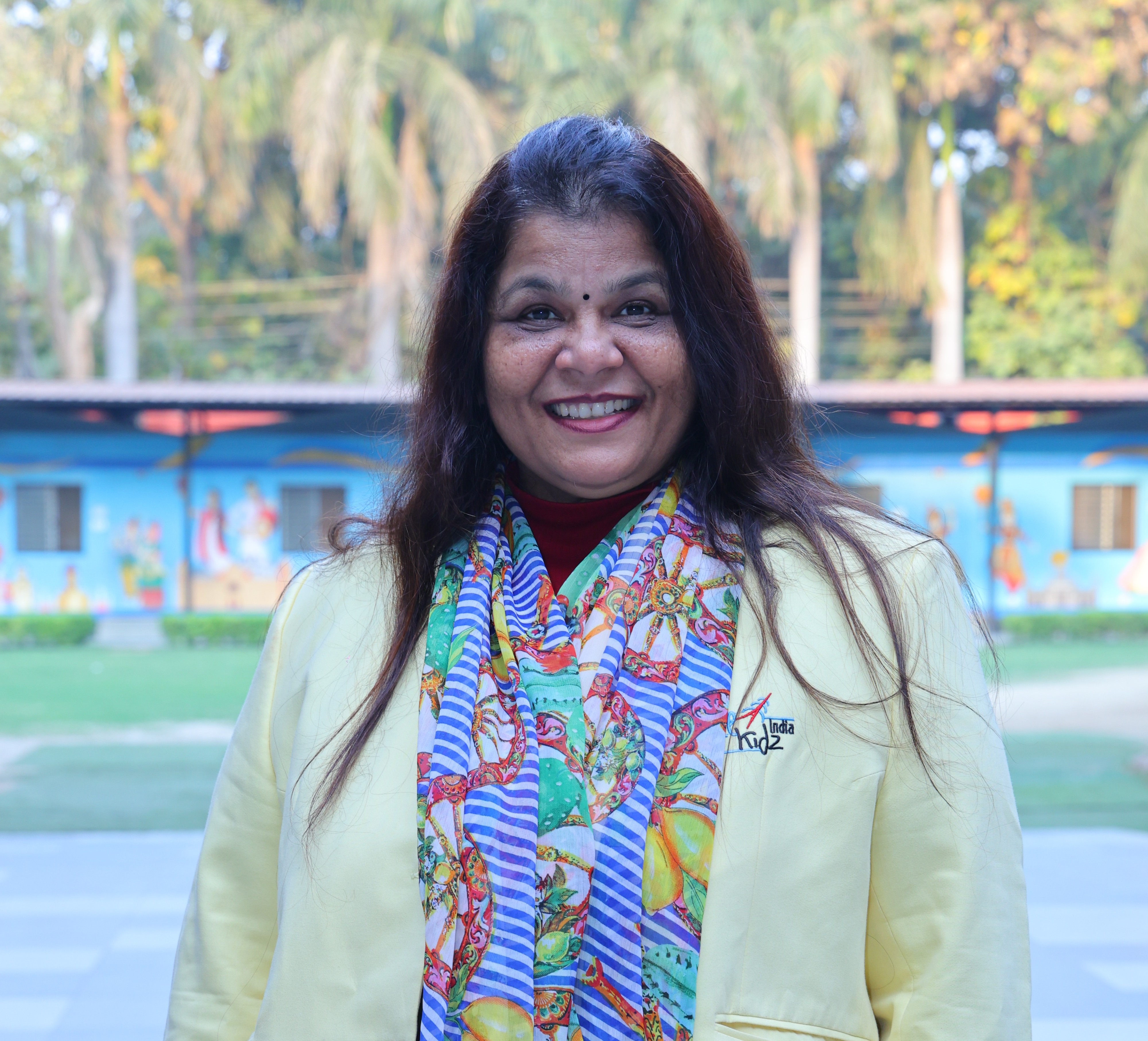
Dr.Srimathy Kesan
Founder & CEO of a leading Indian Aerospace Startup Space kidz India
.jpg)
Antonio Fowl Stark (KangSan Kim)
Space Policy and Strategy Expert, Global Alliance Lead at ispace, inc.
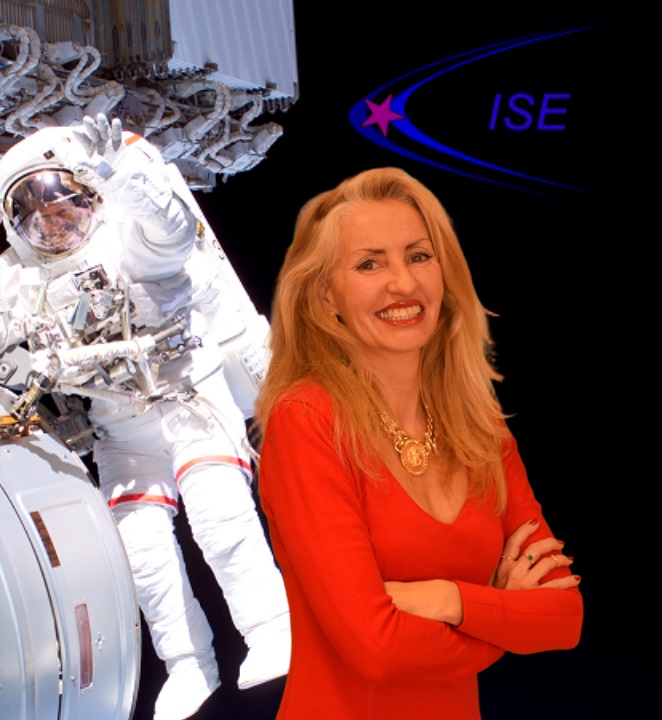
Irene Schneider
Founder & CEO ISE - RADIATION EXPERTS
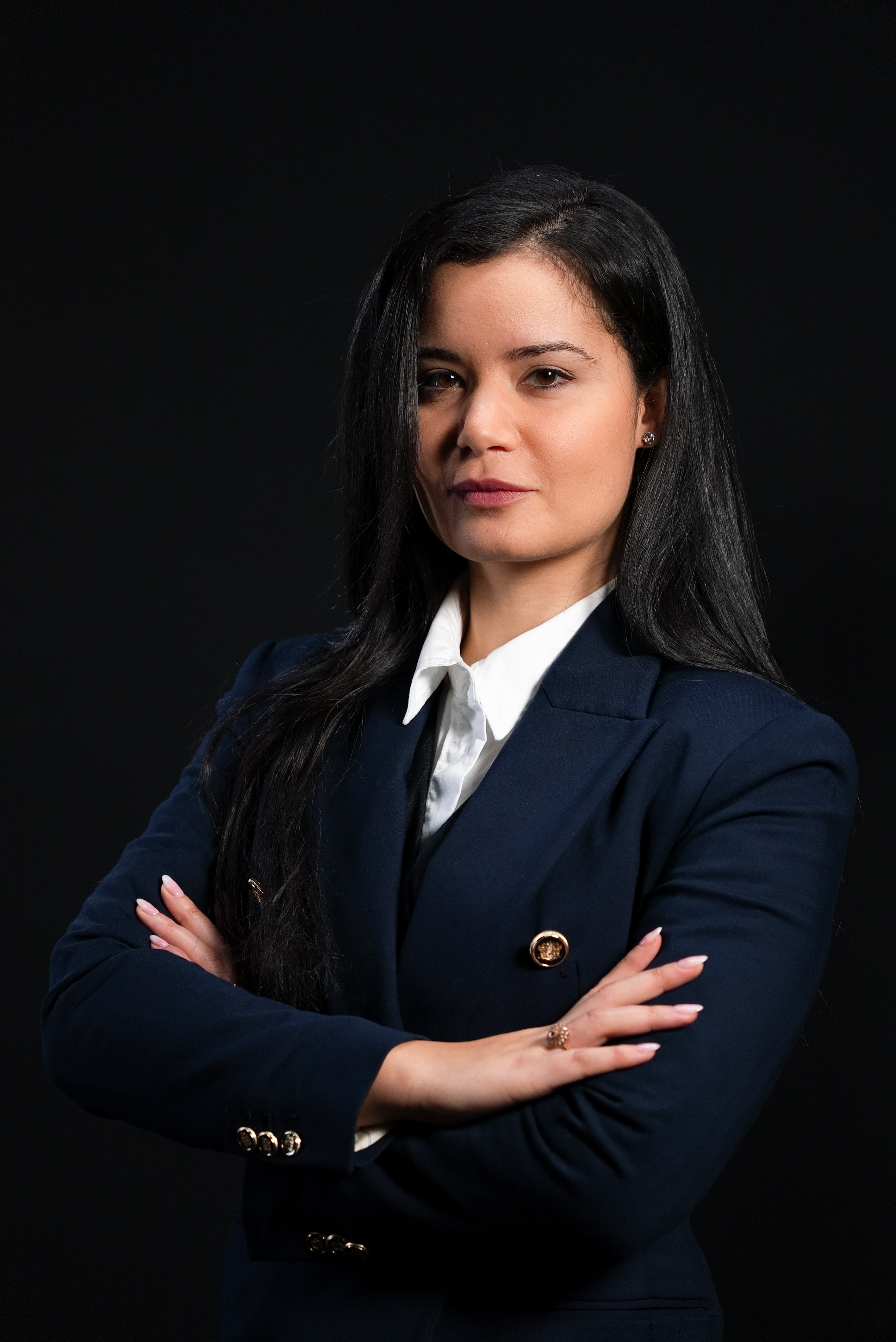
Rania Toukebri
Senior Team Leader and spacecrafts designer. Affiliation: Akkodis aerospace and defense.
.png)
Adriana Marais
Founder of Proudly Human, Director at Foundation for Space Development Africa
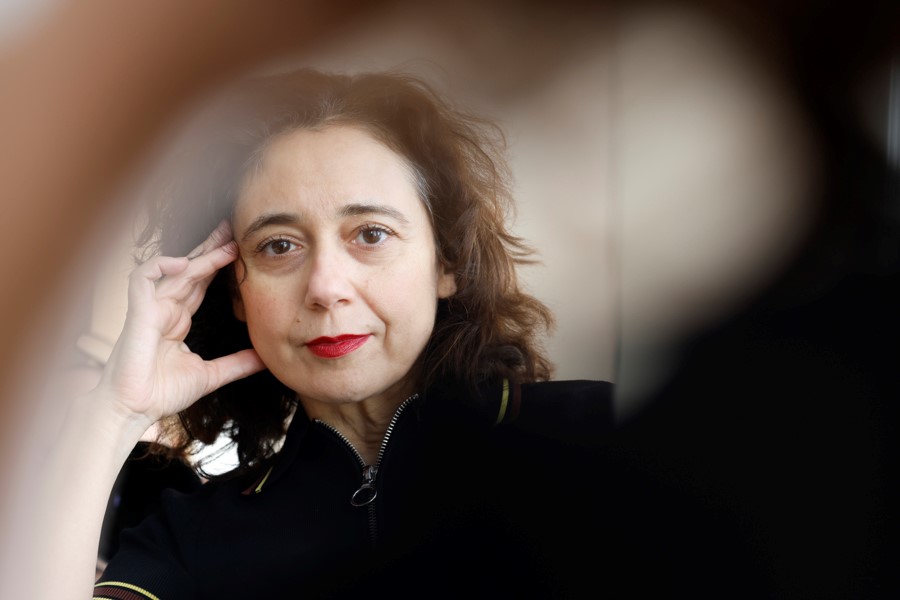
Daniela De Paulis
Space Artist, Researcher, and Licensed Radio Operator

Lina Khalifeh
Founder and CEO of SheFighter
.png)
Abigail Harrison
Starlab & VISTA, Founder - The Mars Generation, Microgravity Research Expert, Advocate for Youth Space Leadership

Dr. Ellen Stofan
Expertise: Planetary science, space habitats, astrobiology


Jeff Bezos
Expertise: Space entrepreneurship, long-term vision for space habitation


Dr. Dava Newman
Expertise: Space technology, bioengineering, space suit design


Dr. Robert Zubrin
Expertise: Mars exploration, in-situresource utilization, space economics


Gwynne Shotwell
Expertise: Space technology, launch systems, space business models


Dr. Penelope Boston
Expertise: Cave microbiology, extremophiles, astrobiology


Dr. Hugh Herr
Expertise: Biomechatronics, human-machine interfaces, bionics


Dr. Lisa Rand
Expertise: Extremophiles, life support systems, planetary protection


Dr. Dante Lauretta
Expertise: Planetary science, asteroid resource utilization, space mission design


Dr. Ariel Ekblaw
Expertise: Space architecture, self-assembling space structures, space habitats

.png)


%20(4).png)

